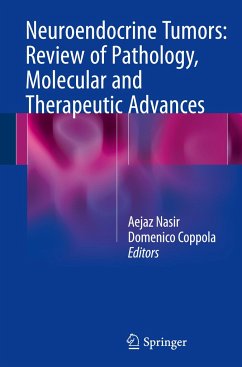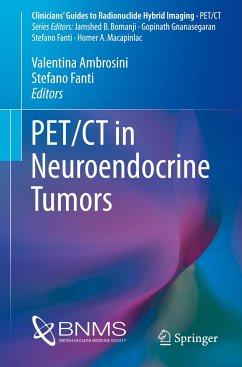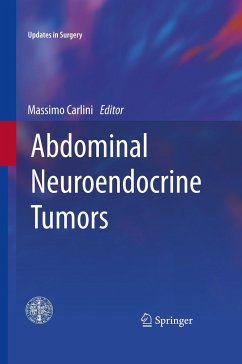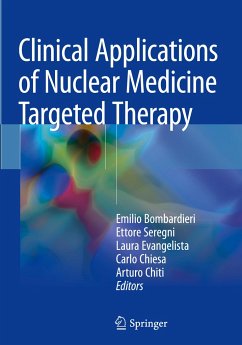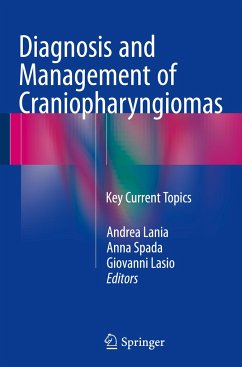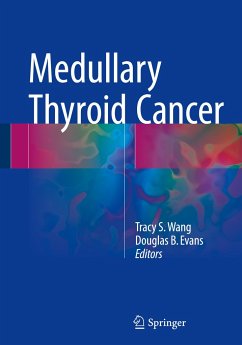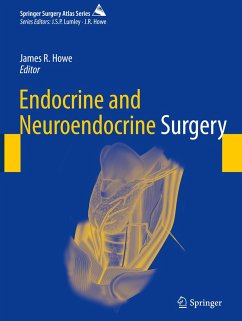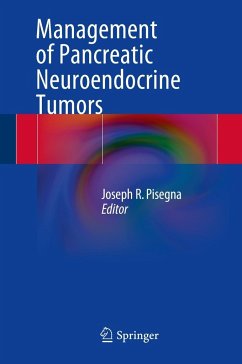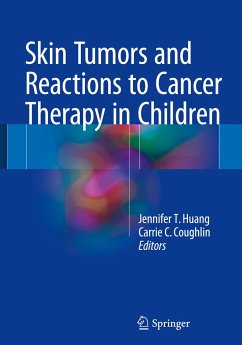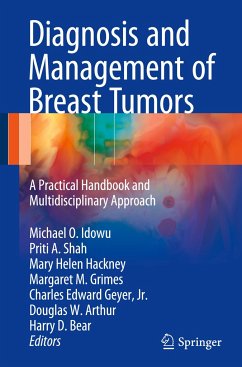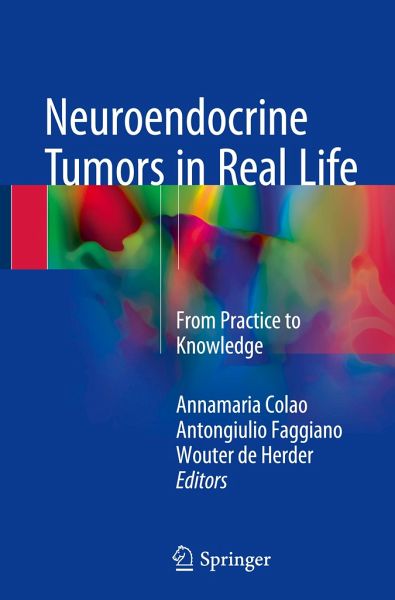
Neuroendocrine Tumors in Real Life
From Practice to Knowledge
Herausgegeben: Colao, Annamaria; Faggiano, Antongiulio; de Herder, Wouter

PAYBACK Punkte
38 °P sammeln!
This book on neuroendocrine tumors (NETs) aims to present, in a clear and innovative manner, a broad topic that is still unevenly and in some respects poorly delineated. The novel feature is the nature of the focus on the principles of prognosis, diagnosis, and therapy, which are outlined on the basis of well-defined clinical scenarios described with the aid of high-quality images and illustrations. The salient observations to emerge from the reported clinical cases are clearly summarized, taking into account evidence from the literature and the available guidelines. All of the significant pro...
This book on neuroendocrine tumors (NETs) aims to present, in a clear and innovative manner, a broad topic that is still unevenly and in some respects poorly delineated. The novel feature is the nature of the focus on the principles of prognosis, diagnosis, and therapy, which are outlined on the basis of well-defined clinical scenarios described with the aid of high-quality images and illustrations. The salient observations to emerge from the reported clinical cases are clearly summarized, taking into account evidence from the literature and the available guidelines. All of the significant prognostic factors - histopathological, molecular, and imaging - and current diagnostic and therapeutic strategies for the major NETs (stomach, pancreas, ileum, appendix, bronchus) are covered. In addition, in the introductory part of the book the reader will find information on basic aspects including epidemiology, classification, and underlying biological mechanisms. Neuroendocrine TumorsinReal Life will be of interest to all specialists involved in the management of NETs; it will provide the experienced with important updates and equip trainees and students with a firm understanding of key concepts.



